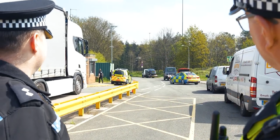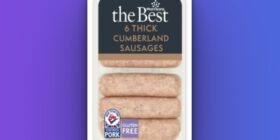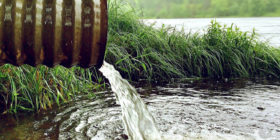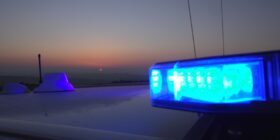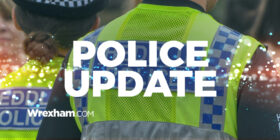Food Standards Agency warning over fake Wonka and Prime-branded chocolate bars
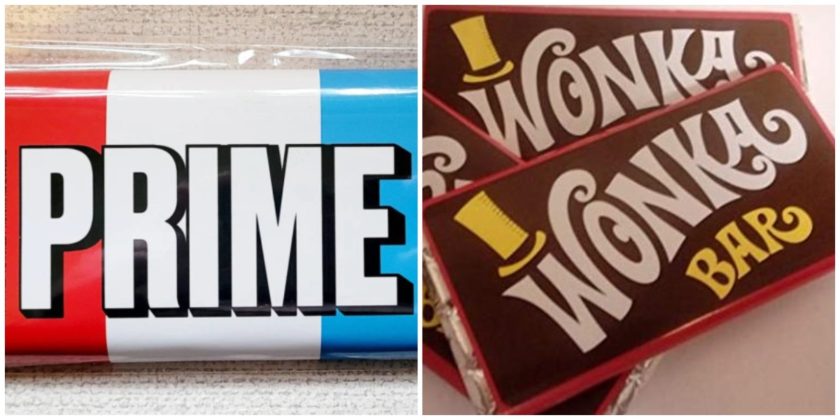
The Food Standards Agency (FSA) has issued a public warning about the consumption of counterfeit ‘Wonka Bars’ and ‘Prime’ chocolate bars.
The FSA is urging consumers not to purchase or consume these products due to potential food safety risks.
This caution comes in the wake of reports indicating that such fake branded chocolate bars have been found on sale, particularly in a Nottinghamshire market.
The FSA says the counterfeit products pose significant health risks.
They may be produced or repackaged by unregistered businesses or even criminals, bypassing essential hygiene, labelling, and traceability laws.
With Christmas approaching, the FSA strongly advises against purchasing these fake chocolates as gifts, highlighting that they are not what they appear to be, and their contents could be unknown and potentially dangerous.
Tina Potter, Head of Incidents at the Food Standards Agency, emphasises the ongoing issue with these potentially hazardous fake chocolate bars.
She said: “With Christmas coming up, don’t waste your money on fake branded chocolate for your children, friends or family – you won’t be getting what you think you are paying for and you don’t know what is in them. There could be a food safety risk, especially for those with food intolerances or allergies.”
“We know there is a problem with potentially unsafe fake chocolate bars such as Wonka and Prime bars and we’re working with Trading Standards to protect consumers. ”
Please do not buy or eat these bars and if you think you’ve bought a fake chocolate bar, or if you see something that does not seem right when you are shopping, report it to your Local Authority.
Last year, fake Wonka Bars were removed from sale after having been found to contain allergens which weren’t listed on the label, posing a major health risk to anyone who suffers from a food allergy or intolerance.
The owner of a Chester sweet shop was fined £10,000 for selling fake “Wonka” chocolate bars.
The Food Standards Agency said letters have been sent to local authorities responsible for investigating and enforcing food law to advise them to be extra vigilant and remove any fake products from sale where there is a known or suspected public health risk.
How to spot fake branded chocolate
Fake-branded chocolate can be hard to spot. Here are some tips:
- Buying from a reputable seller means you’re less likely to fall for a fake
- If in doubt, ask the seller for more information about what you are buying, or perhaps leave it on the shelf
- If the deal is too good to be true, it probably is
- Check out sellers on your high street, your local market, and online by searching our Food Hygiene Rating Scheme website (Opens in a new window)
Prime chocolate bars: That’s easy – Prime make drinks and they have told us that they have not manufactured any Prime-branded foods. If you see these, they are fake and they may be unsafe.

Fake Wonka bars: If you see a Wonka bar in a shop, online or on a market stall, it will not be the real thing. The ingredients list might not be correct, and allergen labels may not have been applied correctly.

If it doesn’t look right, report it to your Local Authority.
Spotted something? Got a story? Send a Facebook Message | A direct message on Twitter | Email: [email protected] Latest News